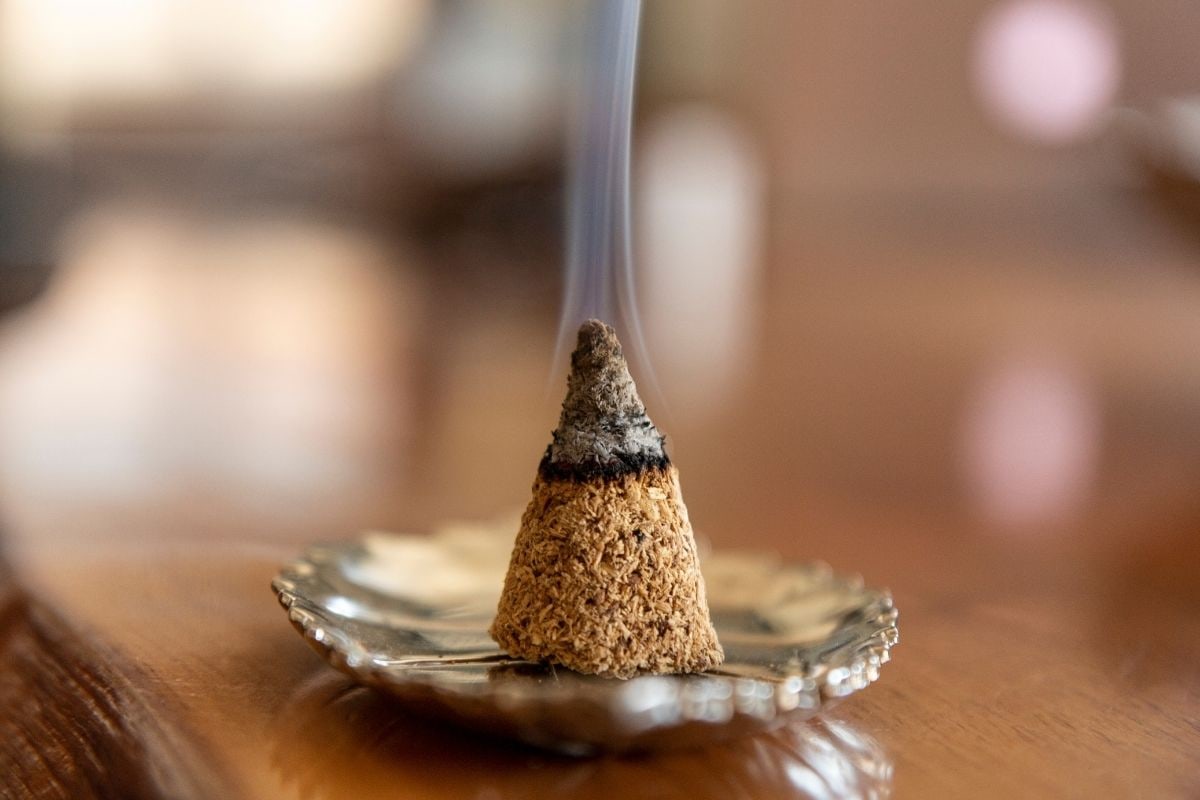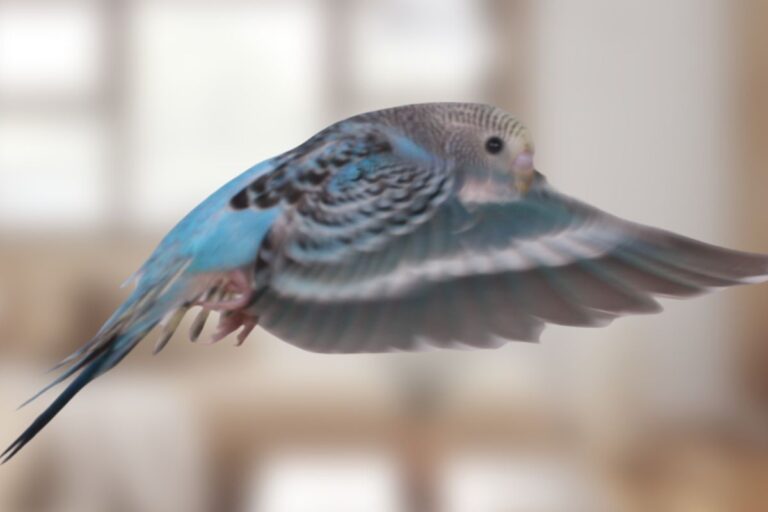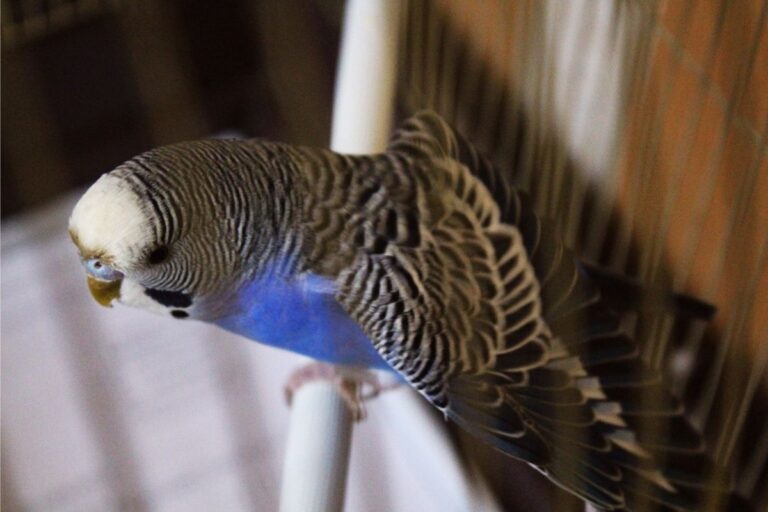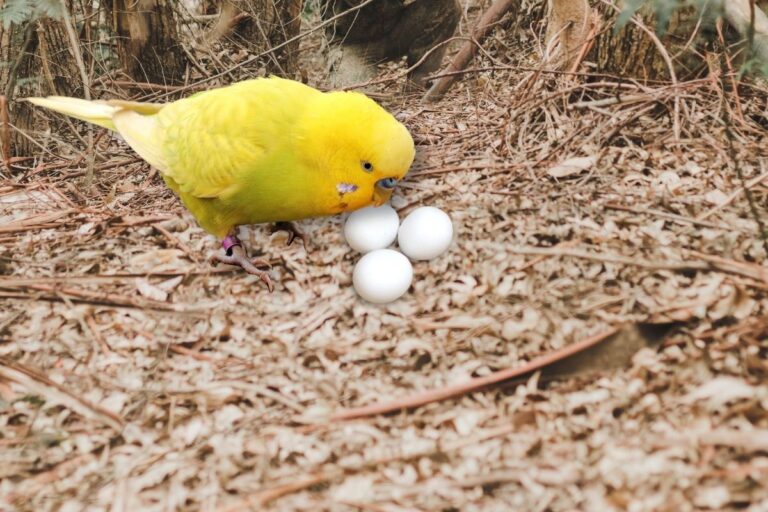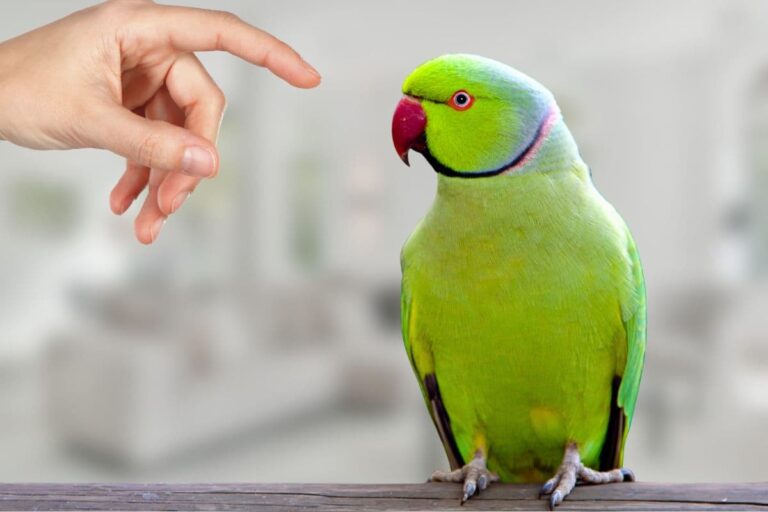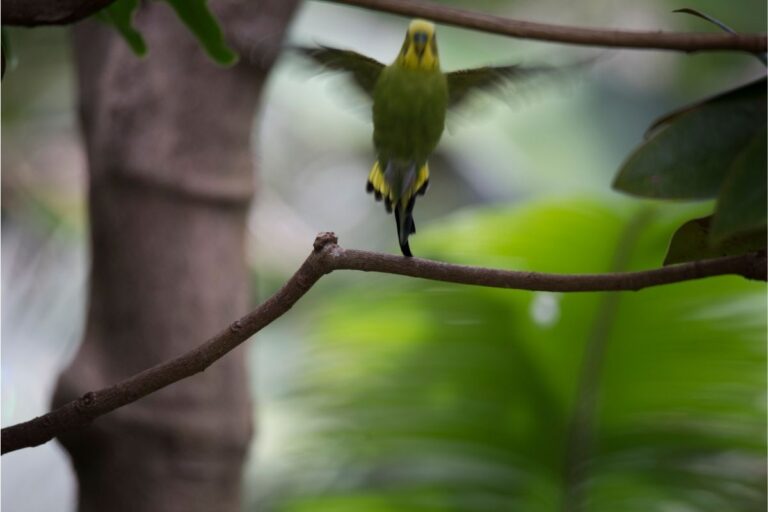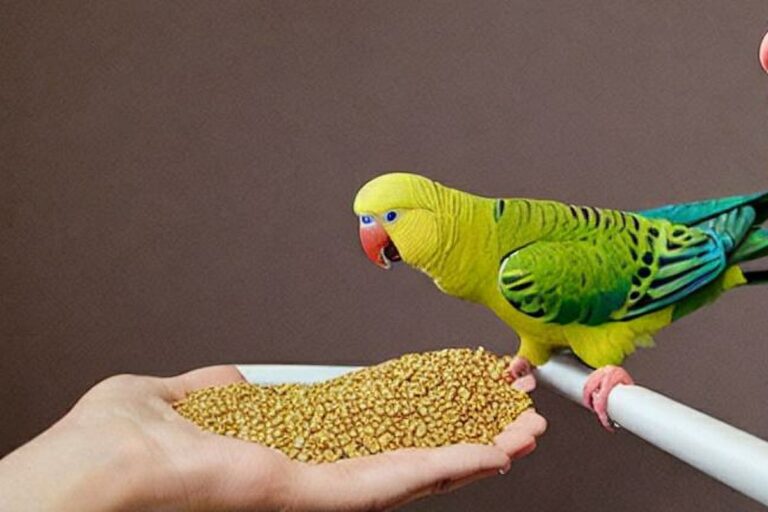Is Incense Bad for Birds
Disclosure: The opinions expressed in this post are my own. This post may also contain affiliate links, which means that I will receive a commission if you decide to purchase through my links, at no additional cost to you. As an Amazon Associate, I earn from qualifying purchases.
Incense is an aromatic substance often used in religious ceremonies and rituals. It is often burned during prayer, meditation, and other spiritual practices. Incense is also used in aromatherapy and perfumery, often used to freshen up the scent of indoor areas.
There are many different types of incense. Some are scented with essential oils while others use natural resins. The type of incense you burn depends on the purpose of the ritual. You might choose a particular incense for prayer, and another one for meditating.
If you are wondering whether burning incense is harmful to birds, then read on. We will discuss some facts about this topic and how it could affect your pet bird’s life.
Why Is Incense Bad for Birds
Burning incense around your birds is generally not a good idea it releases chemicals that are toxic to birds in the air. These chemicals can cause respiratory problems in birds. In fact, there is research showing that the burning of incense releases pollutants that can lead to the dysfunction of the respiratory system in humans too if inhaled.
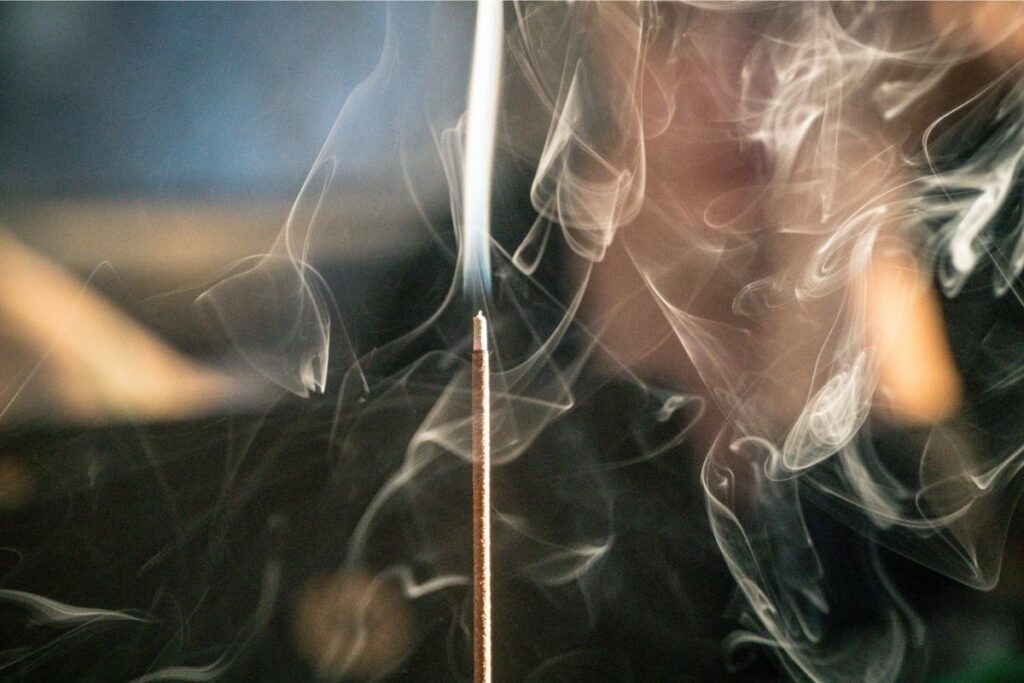
Releases Harmful Compounds
The fumes from incense contain volatile organic compounds (VOC) which include benzene, formaldehyde, acetone, xylene, styrene, ethylbenzene, etc. VOCs have been linked to cancerous tumors in animals as well as human beings. Burning these substances indoors has been shown to be very dangerous for both people and pets.
Produces Carbon Monoxide (CO)
In addition, incense smoke contains carbon monoxide which is poisonous to birds. Carbon Monoxide is colorless gas produced by combustion processes like those found in fireplaces or stoves. CO poisoning occurs when levels get high enough inside the body. This happens because CO binds tightly to hemoglobin molecules in red blood cells.
We learnt in school that Hemoglobin carries oxygen throughout our bodies. So when CO gets bound to them, they cannot carry oxygen effectively. As a result, prolonged exposure to higher concentrations of CO make cause our birds to feel tired, dizzy, confused, nauseated, weak, short-winded, headache, chest pain. If left untreated, CO poisoning can even kill them.
Sensitivity to Pollutants
It is very important that birds have clean air to breathe; they don’t tolerate air pollution well. When exposed to polluted air, their breathing becomes more difficult. Their lungs and air sacs become congested and filled with mucus. Long term-term exposure may also lead to irreversible damage to bird’s lungs.
Birds also have a higher breathing rate than many other animals, giving them more exposure to particulate matter (PM). These PMs are small enough to wedge themselves deeply into the branches of their lungs and other areas of their respiratory tracts.
What If I Want to Use Incense (different room, adequate ventilation)
It is understandable that some cultures and religions take the practice of burning incense seriously. However, we must remember that incense is an irritant to birds. It should only be used outdoors where there is ample ventilation, or in a space or room that is far away from any birds.
Also, if you have to burn incense indoors, make sure to have adequate ventilation so that no one else suffers from its effects. If possible, you could consider and explore using natural scents instead such as frankincense and palo santo essential oils. They do not produce toxins nor harm anyone. Some essential oils are not recommended to be diffused around birds, such as tea tree, peppermint and citronella.
What About Scented Candles
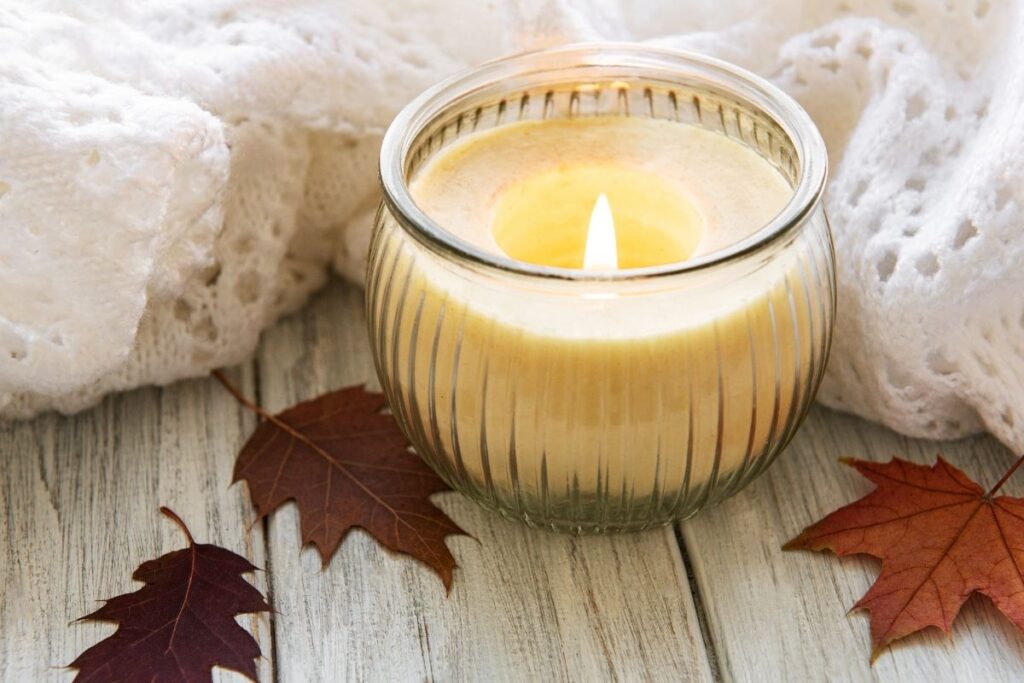
Candle waxes are made up of paraffin, beeswax, soybean oil, mineral oil, fragrance, coloring agents, and additives. The scent comes from the fragrant materials added during manufacturing, which are often derived from petroleum products. Many candles emit toxic chemicals including acetone, benzene, toluene, phthalates and dioxins. In fact, candle emissions are among the most common sources of indoor pollutants.
The level of chemicals they emit may be too little to pose a health concern to humans, but they could be harmful enough to birds. Plus, the chemicals may linger long after the flame has been extinguished.
Can You Burn Sage or Smudge Sticks Around Birds
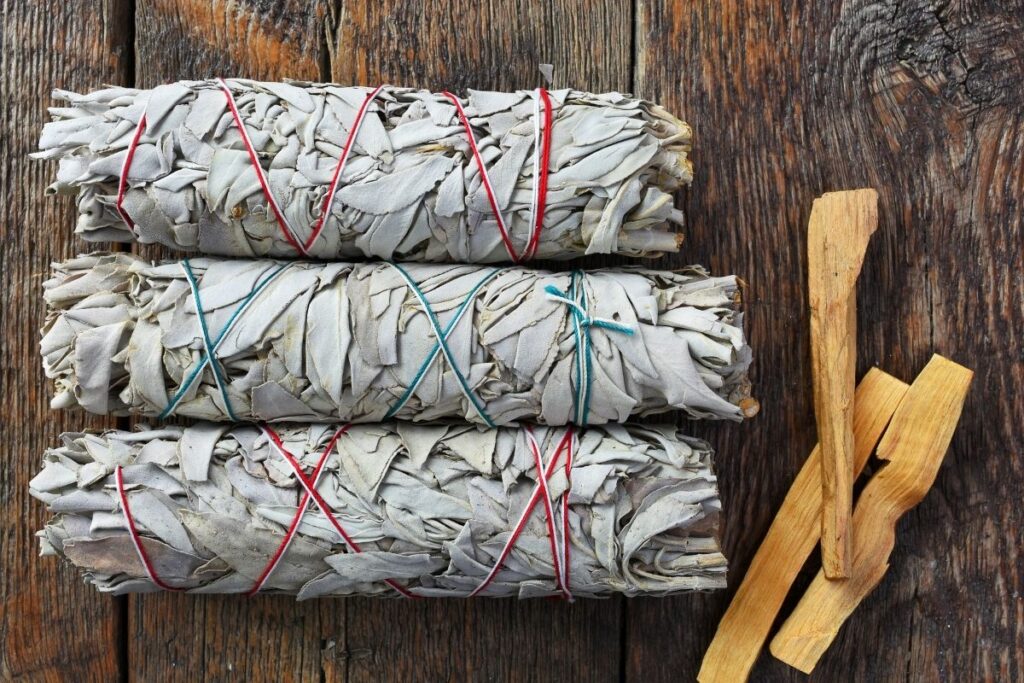
The practice of burning sage or smudging is for spiritually purifying the home and improving its energy. However, smudging creates a lot of smoke, which is really dangerous for your pet birds in any concentration. This should never be done when there are birds around.
If smudging was done recently, make sure the area has been well-ventilated and cleared of any remaining smoke. Your birds should not be exposed to even trace amounts of smoke at all. Birds have a very sensitive respiratory system afterall.
Can I Smoke Around my Birds (Cigarettes, Cigars, Pipes, etc)

If birds are being constantly exposed to secondhand smoke, their respiratory system and health will deteriorate over time. They may develop respiratory problems and infections. Birds are even more susceptible to the ill effects of secondhand smoke than humans.
Tobacco has over 70 carcinogenic chemicals. Birds can also develop lung cancer and pneumonia from being exposed to the smoke from tobacco.
If you find yourself needing to light a puff, be sure to do it at a distance away from your birds. preferably in a whole different area.
Are Cooking Fumes Bad for Birds
The fumes released from PTFE non-stick coating (Teflon) under heat is notoriously harmful for your birds. Many air fryer models are known to kill birds because they have components that have non-stick coatings.
Even if you get rid of all non-stick cooking ware in your kitchen, you should never expose your birds to cooking fumes. The fumes released from heating up oils and fats could cause serious harm to your birds.
Are Essential Oils Safe for Birds
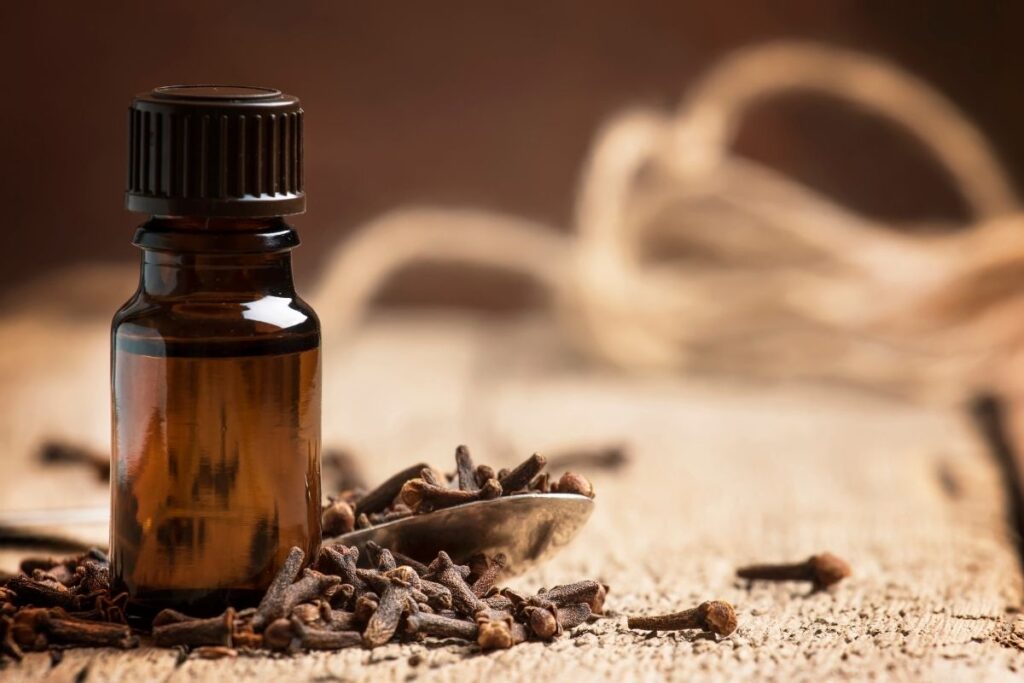
It depends on the oil. Some essential oils fine, but several others are known to be harmful for your birds. You should only be diffusing essential oils around your birds, and not applying topically or orally without consulting your vet about it. Also make sure you are using 100% natural and therapeutic grade essential oil, and use them at a low concentration.
Here are some common essential oils that are considered generally safe for diffusing around birds:
- Lavender
- Ylang ylang
- Geranium
- Bergamot
- Lemon
- Orange
- Grapefruit
- Frankincense
- Most floral and citrus essential oils
And here are some common essential oils that are not considered safe for diffusing around birds:
- Peppermint
- Tea tree
- Citronella
- Oregano
- Cinnamon
- Clove
- Lemongrass
Our favorite and highly recommended brand of essential oils is Plant Therapy. They are a well-known company based in the United States, and they produce 100% pure essential oils. It’s important to go with a reputable brand that we can trust since we breathing them in and taking into our bodies. Plus, they are priced very affordably. Check out their delicious and amazing collection of scents they have.
What’s the Best Fragrance for Birds (fresh air, their natural environment)
Pet birds usually have very little odor, so long as you often clean up after them. However, if you feel like freshening up the air of the space, there are several safe ways for you to do so.
Fresh Air
If you feel the need to freshen up a space, why not just open up the windows and get the ventilation flowing. Fresh air is the best and safest way to freshen up a space for birds. Artificial fragrances are not part of their natural environment after all.
Fresh Flowers
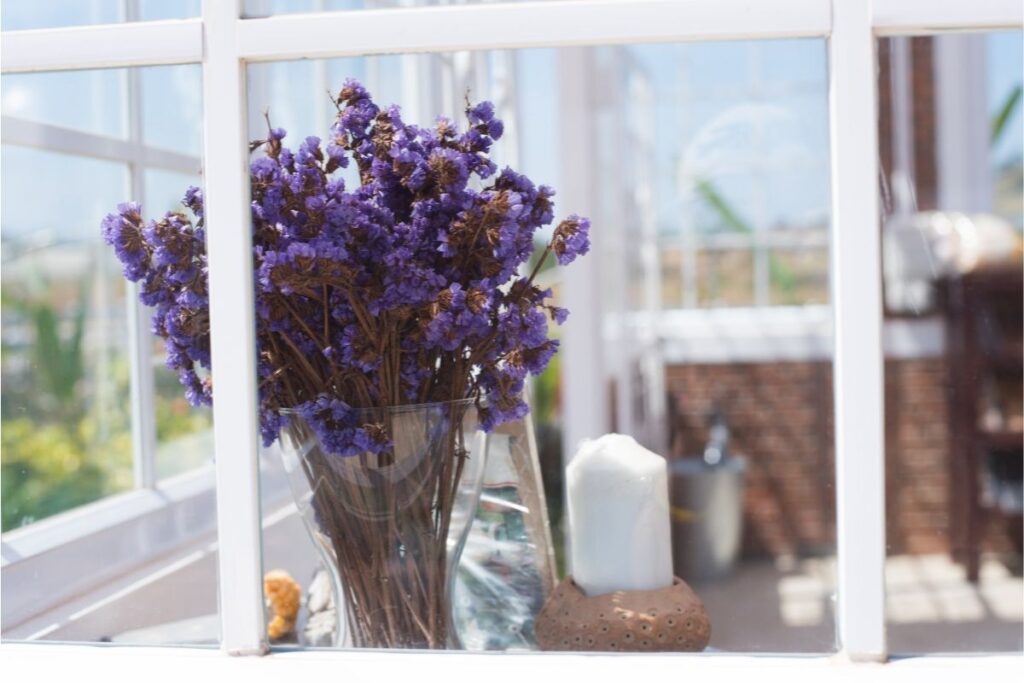
Flowers are a safe way to add fragrance and freshness into a home with birds around. Not only are flowers 100% natural, they look pretty too and will spruce up your interior. Just remember to keep an eye out for any insects that might come along with the blooms!
Potted Indoor Plants
Indoor plants are another great option for adding scent and beauty into a room with birds. If you don’t want to go through the hassle of growing indoor plants, then potted ones work well too. Be careful though when choosing which type of plant to put inside – avoid those that are harmful towards your pets. Some common harmful plants include:
- Daffodil
- Foxglove
- Lily
- Mistletoe
- Morning Glory
- Nightshade
- Oleander
- Shamrock
You may find an extensive list of plants that are toxic to birds over here.
Citrus Peels
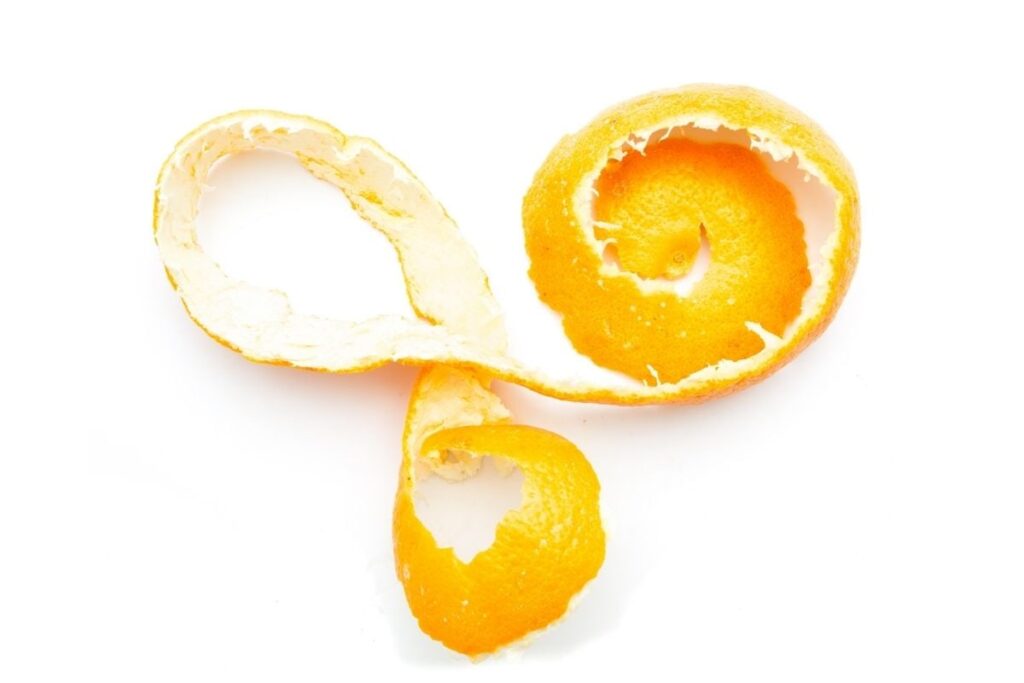
Another easy way to freshen up the air is by simply placing lemon and orange peels around the house. Citrus peels can help remove odors and stale smells from the air. They also provide a nice aroma while doing so.
HEPA Air Purifier
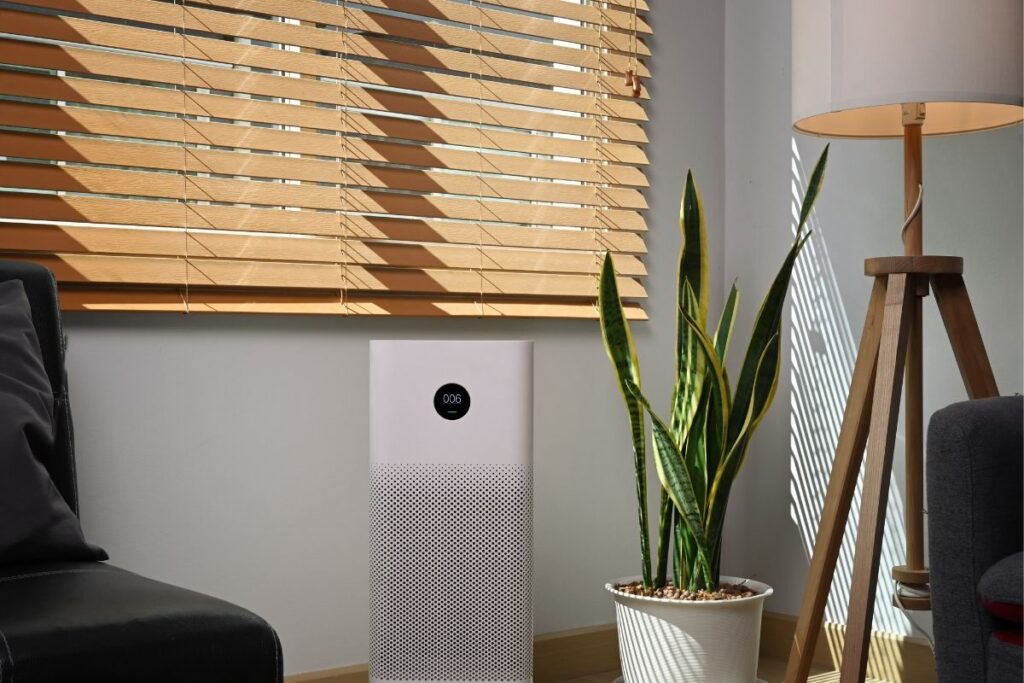
A HEPA filter air purifier may not be able to produce fragrance, but it can help remove odors from the air by trapping particles smaller than 0.3 microns. This means that even small amounts of dust and dander can be removed from the air. It also helps reduce allergens such as pollen and pet hair.
Depending on how many cubic feet per minute it’s able to produce, a good quality unit must be costly. But it’s definitely worth the money if you want an effective way to remove allergens from your indoor air.
If you’re looking for one, check out this article to view the best HEPA filter air purifier for bird owners.
Takeaway
I hope this article has helped clear things up regarding the use of incense around birds. There are plenty of alternative and natural fragrance options available today. The key thing to consider is whether or not the scent is going to harm your bird in anyway. And always consult your veterinarian before making changes to your bird’s diet or living conditions.



